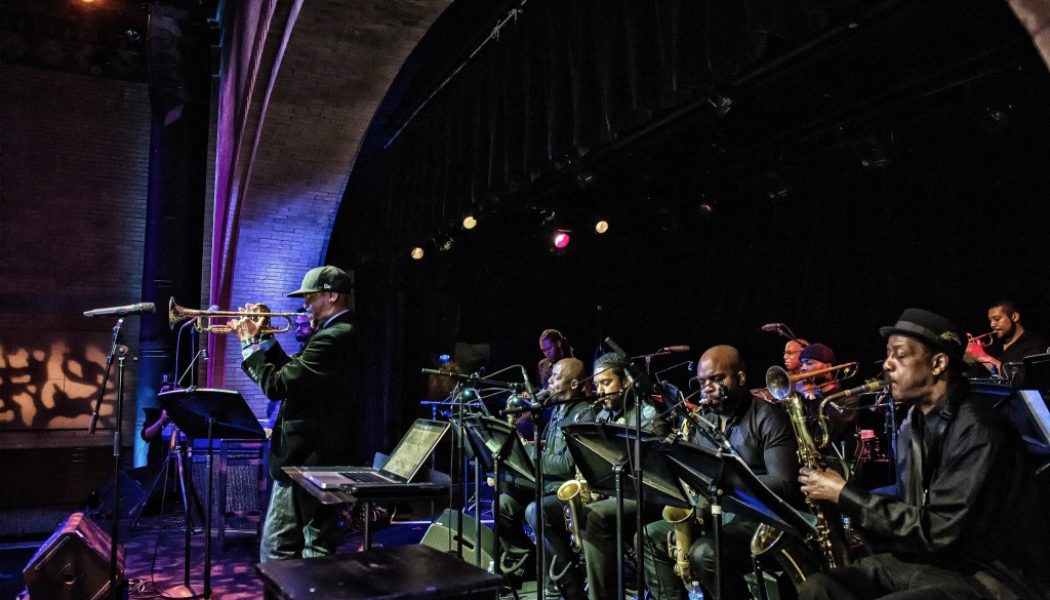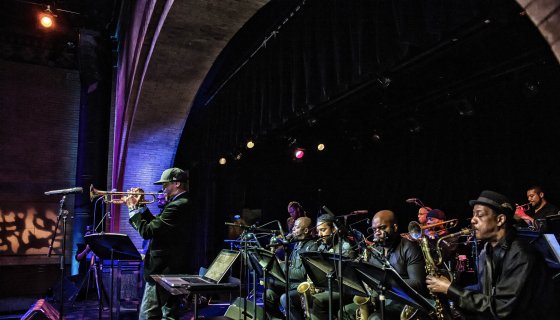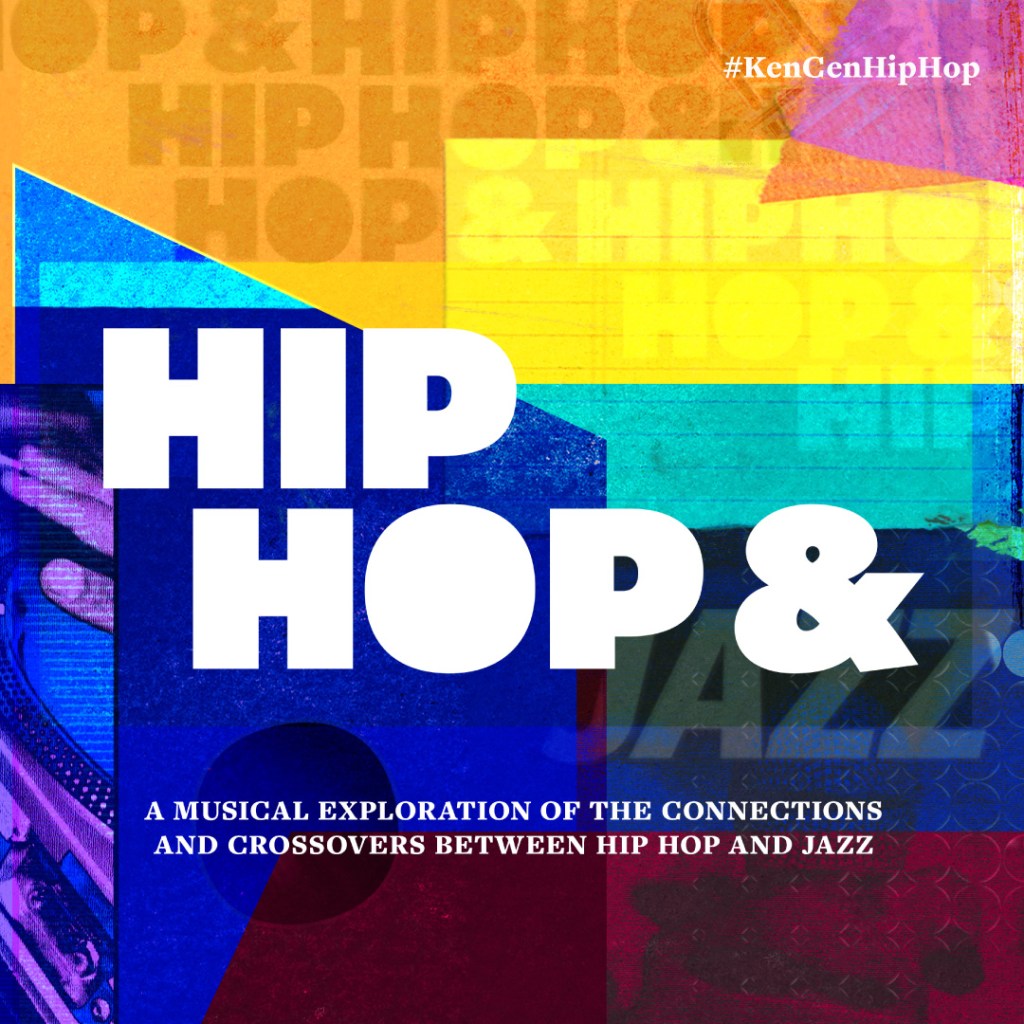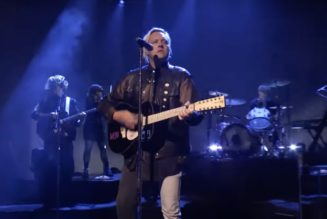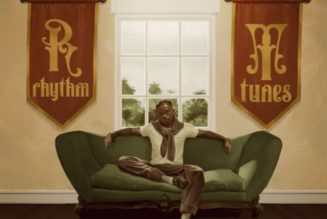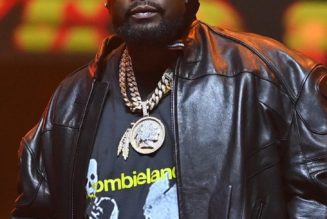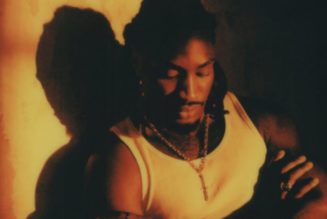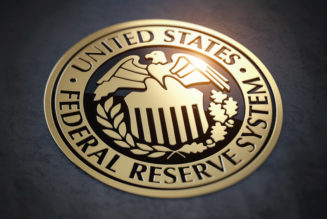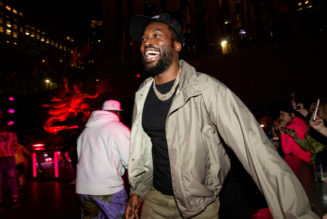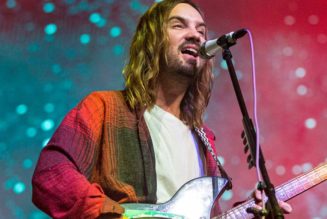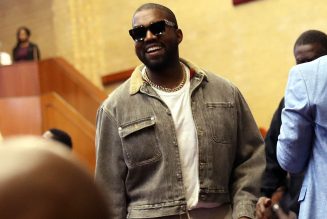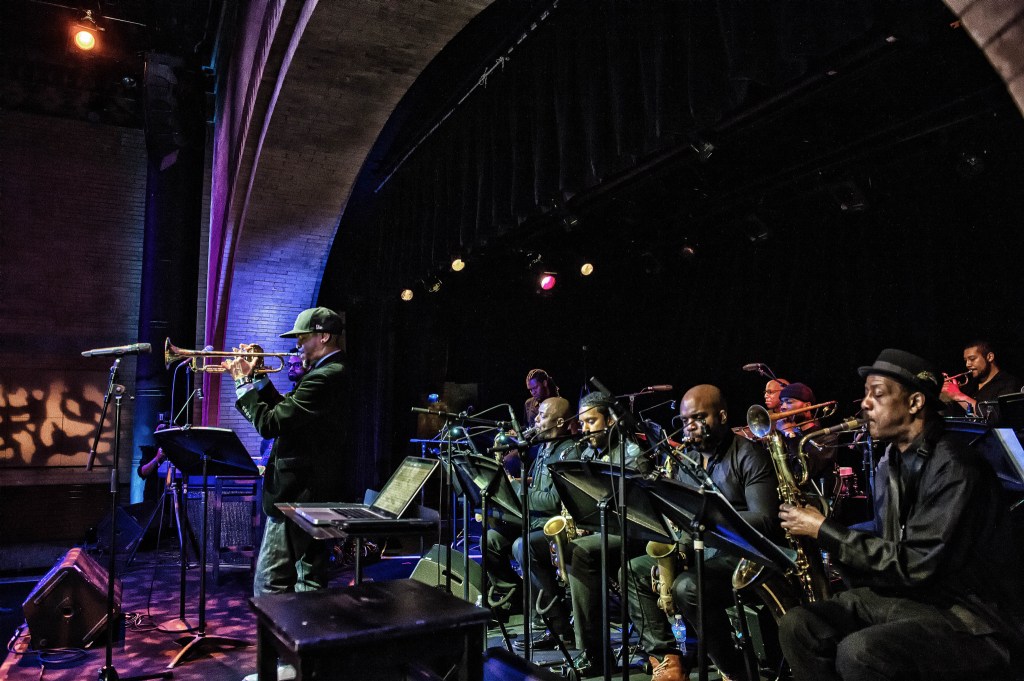
Igmar Thomas exists in a musical ecosystem that engages every part of his human experience, allowing him to express the kaleidoscopic span of creative expression. In a recent chat with Hip-Hop Wired, Igmar Thomas shared a bit about his upbringing in California, encountering fellow leaders of the jazz scene, and his excitement about the inaugural Hip Hop &… festival at the Kennedy Center.
With a reserved vocal tone befitting of a band leader, Igmar Thomas’ breezy nature translated well in our brief chat with him. We opened up the talk by asking Thomas how growing up in San Diego, which isn’t known for its jazz scene, and how he came to encounter his love of music overall.
“Growing up in San Diego, it’s not New Orleans or New York, it’s more of a slice of franchise America,” Thomas began. “I wasn’t exposed to juke joints and things like that at a young age but my father’s love of music and his record collection was diverse. He loved all types of music.”
Thomas continued, “I heard everything growing up and discovering music via radio and television. My friends and family also got me into a lot of different genres. So my musical vocation at a young age isn’t like say, a cat from New Orleans.”
Thomas then explained that he began his formal training with music at age 11, joining the school band playing in a structured format, and learning the trumpet. He added that the public school system was key in getting him into playing music.
The West Coast jazz scene, much like the Los Angeles underground beat scene, is packed with talent. Thomas has worked alongside the likes of Ron Bruner, Stephen “Thundercat” Bruner, Kamasi Washington, and others during their respective journeys in music. We asked about the early days of those connections.
“It all came together towards the end of high school and it was pretty organic [how we all met],” Thomas says of his early encounters with Washington. “I can’t recall everything but I think I saw Kamasi playing at the UCLA Jazz Fest, or he could’ve been with Christian McBride. Growing up where I did, it was amazing to see him play in the same lane I wanted to be in and killing it at that.”
Thomas adds, “Kamasi was playing better than I could. I actually got to meet Kamasi and his folks via Ray Hargrove, who was my big brother in music. So I was at Catalina’s a lot and met Kamasi and Ron [Bruner] there. I met Kamasi’s whole band eventually, which includes Brandon Coleman, Ron, and his brother Stephen, who everyone knows is Thundercat.”
In the chat, Thomas remarked on how Ron Bruner had more of an eclectic style of dress back then, which Thomas says may have been informed by his working with Sa-Ra Creative Partners at the time while Thundercat was conservative in comparison. These days, Thundercat is viewed as a style icon, something Thomas mentioned with a laugh. He respectfully referred to the bassist as his generation’s Bootsy Collins.
We then switched our conversation to the Revive Big Band and Thomas’ aims with the outfit from its early days to now. With a knowing nod to how his journey played out, Thomas shared that he’s hoping that his band can be an extension of creativity from him and those who make up the band.
“I felt like when we first came out, we were trying to prove something but now, I don’t feel that way anymore,” Thomas explains. “Our message is consistent and what I mean is we’re all one family. They used to box us in by styles, and genres. But our debut album will show our true family tree. That includes Hip-Hop, R&B, funk, rock, and jazz. When you see us play, you see we’re more aligned musically than the award shows would have you believe.”
Thomas added, “I came up in the jazz tradition which does have rules but also, in that same breath, some breaking of the rules. We’ve always mixed things up. Bird [Charlie Parker] did it. Miles [Davis] did it. It’s just history repeating itself and that’s what the band represents. We play within a space of invisible boundaries and sometimes cross them.”
We asked Thomas to share his thoughts on the upcoming Hip Hop &... festival at the Kennedy Center, where Revive Big Band has two evening shows lined up. Having played at the Kennedy Center previously, Thomas says he’s excited to share what his band is doing and is thankful for the hard work of Simone Eccleston, the director of Hip Hop Culture & Contemporary Music at the Kennedy Center.
“I love what they’re doing at the Kennedy Center, they’re doing a tremendous job,” Thomas said. “Seeing it from the outside looking in, I love every bit of it. The festival idea is amazing and I hope it’s a trend that spreads. I am a big fan of both Hip-Hop and jazz and I rock Hip-Hop ahead of my jazz gigs and vice versa. That same synergy I seek in life, we hope to give the fans in attendance via the Revive Big Band experience.”
Thomas continued, “I want to be sure to add that the Hip Hop &… festival is dedicated to the memory of Meghan Stabile, who started the Revive Music Group. Our work with Revive Music informed our interpretation of jazz and Hip-Hop. This is the result of Revive Music Group and all of the work Simone Eccleston has put in to make this happen. It’s all coming full circle because Meghan got us booked at the Kennedy Center in 2014 and now Simone is making all these wonderful things happen.”
Learn more about Igmar Thomas and the Revive Big Band here.
To obtain information on any of the ongoing Hip Hop &… festival happenings, featuring Robert Glasper, De La Soul, Rakim, and more, click here.
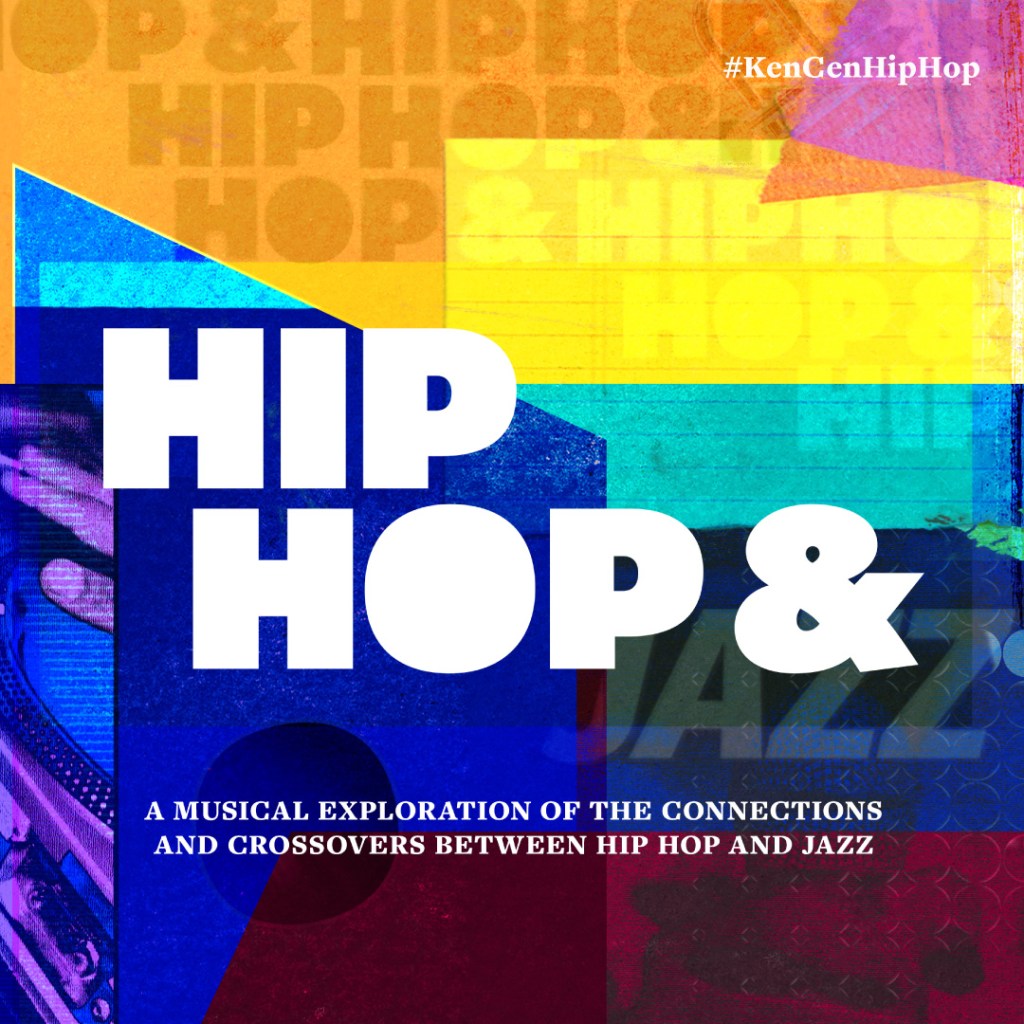
—
Photo: Igmar Thomas/Kennedy Center
